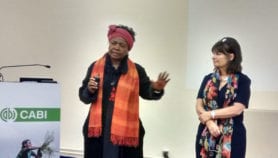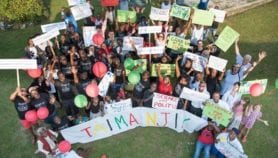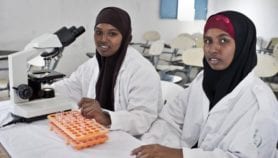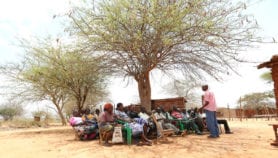By: David Dickson
Send to a friend
The details you provide on this page will not be used to send unsolicited email, and will not be sold to a 3rd party. See privacy policy.
In an implicit criticism of the US administration’s embargo on official scientific exchanges with Cuba, the head of the American Association of the Advancement of Science (AAAS) has told a congressional committee that there is “no credible reason” to limit international collaboration in non-classified research.
The remarks were made by AAAS chief executive officer Alan I. Leshner, in testimony on legislation that has been introduced into the Senate to increase humanitarian aid to Cuba, mostly through the transfer of food and medicines, and to ease restrictions on travel to Cuba.
Leshner told a subcommittee of the Senate Foreign Relations Committee that the US scientific community had a “human obligation” to “explore ways that science can improve the lives of people everywhere” — including Cuba.
“Science and technology have a long and fruitful track record in helping to solve many of the most complex problems of humanity,” said Leshner in a statement that expanded upon a previous resolution passed by the AAAS Board of Directors, emphasising the need for unfettered exchange of information between countries.
He pointed out that collaboration between researchers in the United States and Cuba had, in particular, led to the discovery of new species, an increased awareness about the importance of biodiversity in the Caribbean, and joint publication and dissemination of other ecological and biological information.
© SciDev.Net 2002
More on Networks

Script media release
Journalists offered ‘big break’ mentoring opportunity from Radio Nigeria
03/04/19












